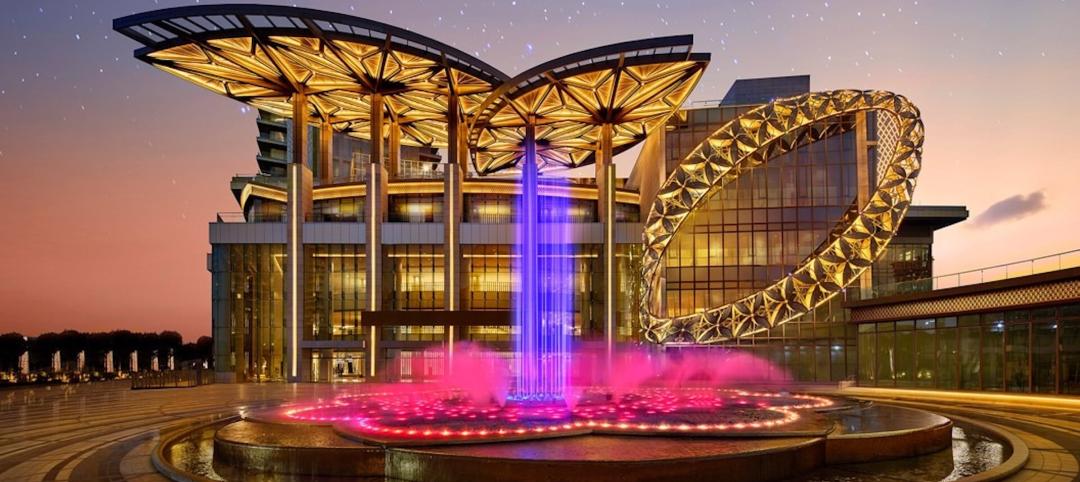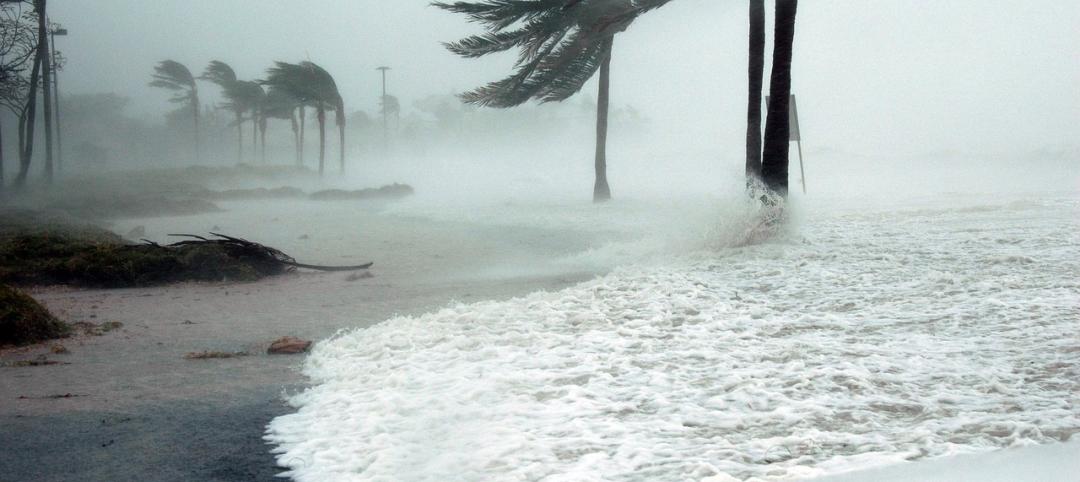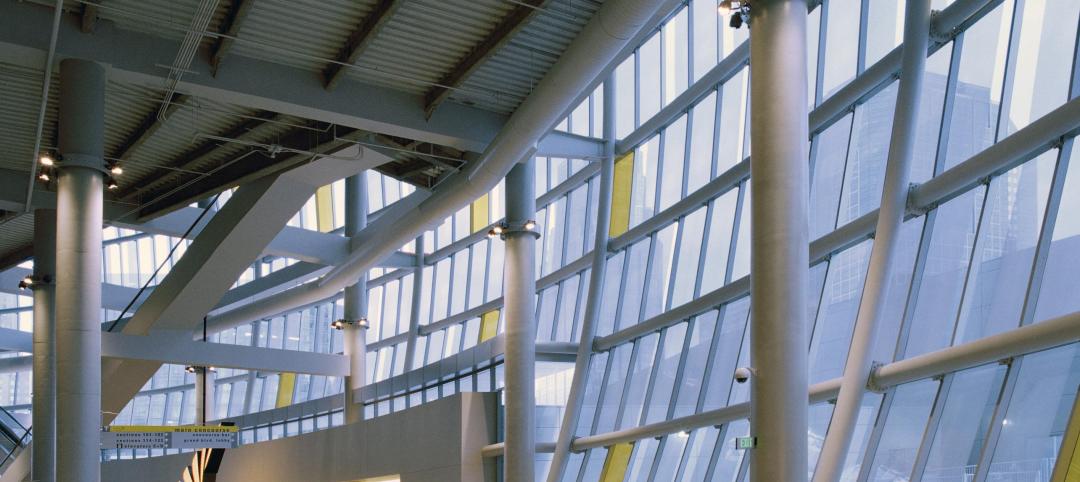Aon Risk Solutions released its 2011 Construction Industry Report, which reflects the input of 60 global construction industry respondents to Aon’s 2011 Global Risk Management Survey. While survey respondents cited senior management’s intuition and experience as the primary method to identify major risks, the report underlines the importance for organizations to embrace an enterprise-wide risk management approach that is optimized on a global basis.
The industry’s top risks as identified by survey respondents are included in the report, with the economic slowdown leading the list. Rounding out the top four risks are increasing competition, damage to reputation/brand and failure to attract or retain top talent. Regulatory/legislative changes and third-party liability tied for the fifth spot.
“In today’s business environment of high supply and limited demand, it has become especially vital for organizations in the construction sector to effectively manage risk,” said Henry Lombardi, executive vice president of Aon Construction Services Group. “Relying exclusively on gut instinct could result in a significant loss as leaders may miss an emerging risk.”
Mary Ann Krautheim, client strategy officer of Aon Construction Services Group, added, “The construction industry is expected to grow by 67 percent by 2020. Business leaders who use an enterprise-wide approach to identifying and assessing risks today will emerge from the economic storm in a stronger position with a larger market share.”
Additional findings of the 2011 Construction Industry Report include:
- Construction companies have invested and committed significant resources to risk control/safety practices to help lower the frequency and severity of loss, and according to the survey, they would like to see recognition of this investment by carriers in the form of lower premiums
- Capacity has been steady over the past three to four years with continued low rates. General liability/third-party liability continues to be a key issue for construction companies, most likely caused by concerns over construction defect claims and court interpretations of insurance coverage available to pay these claims
- Heavy industrial, engineering, procurement and construction contractors continue to enjoy strong backlogs, but are experiencing increased global competition
- While ranked number 11 on the list of top risks, political risk/uncertainties is expected to grow as the construction sector expands into developing countries
- Contractors’ abilities to compete with new project delivery methods, such as public-private partnerships, prove to be a challenge and an opportunity. Many non-U.S. contractors understand the value of bringing equity to the deal. This is a trend expected to continue as public bodies lack resources to invest large sums into infrastructure. BD+C
Related Stories
Museums | Jun 6, 2023
New wing of Natural History Museums of Los Angeles to be a destination and portal
NHM Commons, a new wing and community hub under construction at The Natural History Museums (NHM) of Los Angeles County, was designed to be both a destination and a portal into the building and to the surrounding grounds.
Performing Arts Centers | Jun 6, 2023
Mumbai, India’s new Nita Mukesh Ambani Cultural Centre has three performing arts venues
In Mumbai, India, the recently completed Nita Mukesh Ambani Cultural Centre (NMACC) will showcase music, theater, and fine arts from India and from across the globe. Atlanta’s TVS Design served as the principal architect and interior designer of both the cultural center and the larger, adjacent Jio World Centre.
Architects | Jun 6, 2023
Taking storytelling to a new level in building design, with Gensler's Bob Weis and Andy Cohen
Bob Weis, formerly the head of Disney Imagineering, was recently hired by Gensler as its Global Immersive Experience Design Leader. He joins the firm's co-CEO Andy Cohen to discuss how Gensler will focus on storytelling to connect people to its projects.
Codes and Standards | Jun 6, 2023
California’s new power grid modernization plan furthers ambitious climate goals
California’s new $7.3 billion grid modernization plan is a crucial step in furthering its ambitious climate goals. The board of governors for the California Independent System Operator (CAISO), the state’s grid operator, recently approved a strategy to build thousands of miles of new high-voltage transmission lines.
Mixed-Use | Jun 6, 2023
Public-private partnerships crucial to central business district revitalization
Central Business Districts are under pressure to keep themselves relevant as they face competition from new, vibrant mixed-use neighborhoods emerging across the world’s largest cities.
Multifamily Housing | Jun 6, 2023
Minnesota expected to adopt building code that would cut energy use by 80%
Minnesota Gov. Tim Walz is expected to soon sign a bill that would change the state’s commercial building code so that new structures would use 80% less energy when compared to a 2004 baseline standard. The legislation aims for full implementation of the new code by 2036.
Healthcare Facilities | Jun 5, 2023
Modernizing mental health care in emergency departments: Improving patient outcomes
In today’s mental health crisis, there is a widespread shortage of beds to handle certain populations. Patients may languish in the ED for hours or days before they can be linked to an appropriate inpatient program.
Student Housing | Jun 5, 2023
The power of student engagement: How on-campus student housing can increase enrollment
Studies have confirmed that students are more likely to graduate when they live on campus, particularly when the on-campus experience encourages student learning and engagement, writes Design Collaborative's Nathan Woods, AIA.
Engineers | Jun 5, 2023
How to properly assess structural wind damage
Properly assessing wind damage can identify vulnerabilities in a building's design or construction, which could lead to future damage or loss, writes Matt Wagner, SE, Principal and Managing Director with Walter P Moore.
Cladding and Facade Systems | Jun 5, 2023
27 important questions about façade leakage
Walter P Moore’s Darek Brandt discusses the key questions building owners and property managers should be asking to determine the health of their building's façade.

















